Reviewed by Corey Noles
Apple's stock jumped 3.5% following a federal court ruling that could fundamentally reshape its relationship with Google—and potentially unlock billions in new opportunities. After Judge Amit Mehta barred Google from exclusive search distribution deals, Apple can continue receiving payments to make Google the default search engine on Safari. But here's the thing: this ruling might actually position Apple for something much bigger than preserving its current revenue stream.
The immediate market reaction tells only part of the story. While Google's parent Alphabet surged 7.5% after avoiding a forced Chrome breakup, Apple's more modest gain reflects both relief and cautious optimism about the strategic opportunities ahead. The court's decision means Apple receives tens of billions of dollars annually from Google—a deal worth approximately $20 billion per year according to recent estimates. That's roughly 20% of Apple's Services revenue, making this partnership the foundation of Apple's transformation from hardware-dependent to services-driven growth—a strategic shift that now gets an unexpected boost rather than a devastating blow.
What the ruling actually changes for Apple
The court's decision creates an interesting middle ground that could benefit Apple in unexpected ways. Judge Mehta ruled that while Google can no longer make exclusive search contracts, it didn't bar Google from making payments to third parties for default browser placement. This means Apple keeps its lucrative arrangement while gaining new negotiating leverage with both Google and potential competitors.
What's really fascinating here is how this opens up previously locked strategic pathways. The ruling requires Google to share search data with competitors, including search index information, user-interaction data, and web page rankings. Think about the implications: Google must make available its schedule for crawling web pages, the unique IDs and spam scores it assigns to each page, and how mobile-friendly web pages are. This data sharing requirement, overseen by a special technical committee for six years, doesn't just level the playing field—it potentially provides Apple with the intelligence needed to develop its own competitive search capabilities.
For Apple, this creates a unique strategic position. The company could potentially collect payments from multiple search providers while offering users genuine choice, rather than just preserving the status quo with Google. The timing couldn't be better for Apple's broader ecosystem strategy. Apple executive Eddie Cue told the judge that search volumes through Safari had declined for the first time in 22 years, largely due to AI-powered alternatives. This shift toward AI-driven search doesn't threaten Apple's revenue model—it validates the company's investment in Apple Intelligence and positions Safari as a premium gateway to next-generation search experiences.
The ruling also creates scenarios where Apple's integrated approach becomes more valuable than Google's standalone search dominance. Google can still pay Apple to be the default search engine, but it can't prevent competitors from being pre-installed on Apple devices. This means Apple could potentially auction default placement while simultaneously offering users sophisticated choice mechanisms that showcase the superiority of Apple's privacy-focused, device-integrated search experience.
The bigger picture: Apple's advertising ambitions
While analysts initially worried about Apple risking $12.5 billion in revenue if the Google deal ended, the ruling preserves that income stream while unlocking pathways to capture even more value from search and discovery. Here's why this strategic shift matters: Apple's advertising business grew from $3.05 billion in 2021 to $6.17 billion in 2024, demonstrating the company's ability to monetize user attention without compromising privacy principles that differentiate it from Google's surveillance-based model.
With 2.2 billion active devices and privacy-focused policies like App Tracking Transparency, Apple has unique advantages that Google's regulatory troubles make increasingly valuable. The company's App Store sees 65% of downloads occur immediately after a search, proving that Apple has already mastered search-driven discovery within its ecosystem. As the broader search market becomes more competitive due to this ruling, Apple can leverage these proven capabilities to capture more value from Safari search traffic while maintaining its privacy-first positioning.
The ruling also validates Apple's long-term strategy of building integrated experiences rather than relying on single-point solutions. Unlike Google, which faces continued antitrust scrutiny across multiple fronts—including another case involving its digital advertising dominance—Apple's ecosystem approach appears more defensible and sustainable. The company can leverage its hardware-software integration to create search experiences that seamlessly blend with device functionality, app recommendations, and services integration in ways that standalone search providers cannot match.
What's particularly clever about Apple's positioning is that it benefits from Google's regulatory constraints while avoiding the same level of scrutiny. JPMorgan expected moderate remedies as the most likely outcome, and the court's decision confirms that Apple's integrated approach—which focuses on premium user experiences rather than advertising dominance—faces less regulatory risk than Google's data-dependent business model.
What this means for the Apple ecosystem moving forward
Bottom line: this ruling positions Apple to capture more value from the search market transition while maintaining its current revenue streams and strategic flexibility. The six-year oversight period provides Apple with a predictable timeframe to develop alternative monetization strategies while benefiting from increased competition that could drive up the value of default placement deals.
Here's what this means practically for Apple users and investors: the company can now pursue multiple revenue streams simultaneously without choosing between Google payments and competitive alternatives. As AI continues to reshape how people find information—with AI chatbots from companies such as OpenAI, Anthropic, and Perplexity providing concise answers rather than lists of links—Apple's integrated approach becomes a strategic moat rather than just a product feature.
Consider the broader implications: Search accounts for 56% of Alphabet's annual $350 billion in revenues, so any erosion of Google's dominance creates massive opportunities for Apple to capture value through direct advertising, enhanced search partnerships, or its own AI-powered discovery services. The company can leverage its device ecosystem, privacy positioning, and user trust to partner with AI providers in ways that Google's regulatory constraints and business model conflicts might prevent.
For Apple ecosystem enthusiasts, this ruling represents the optimal outcome: preserved revenue, increased strategic options, and validation that Apple's integrated approach is more sustainable than Google's advertising-dependent model. While Google avoided the worst-case scenario of forced asset sales, Apple emerges as the clear strategic winner—positioned to benefit from both continued Google payments and the competitive dynamics unleashed by the court's data sharing requirements. The next few years will likely see Apple leveraging this regulatory shift to reduce dependence on any single partner while strengthening its ecosystem advantages in ways that create lasting competitive moats.





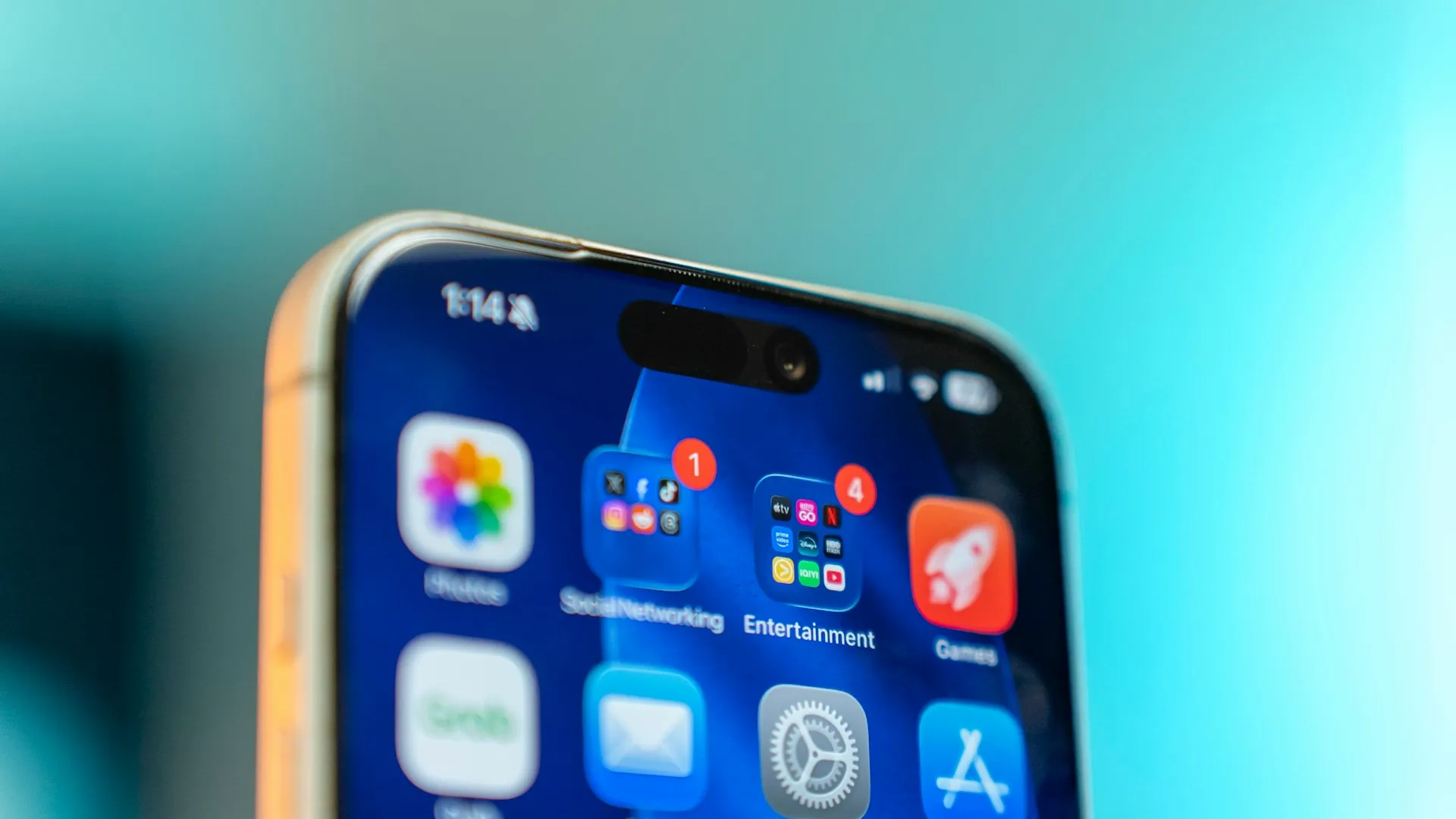
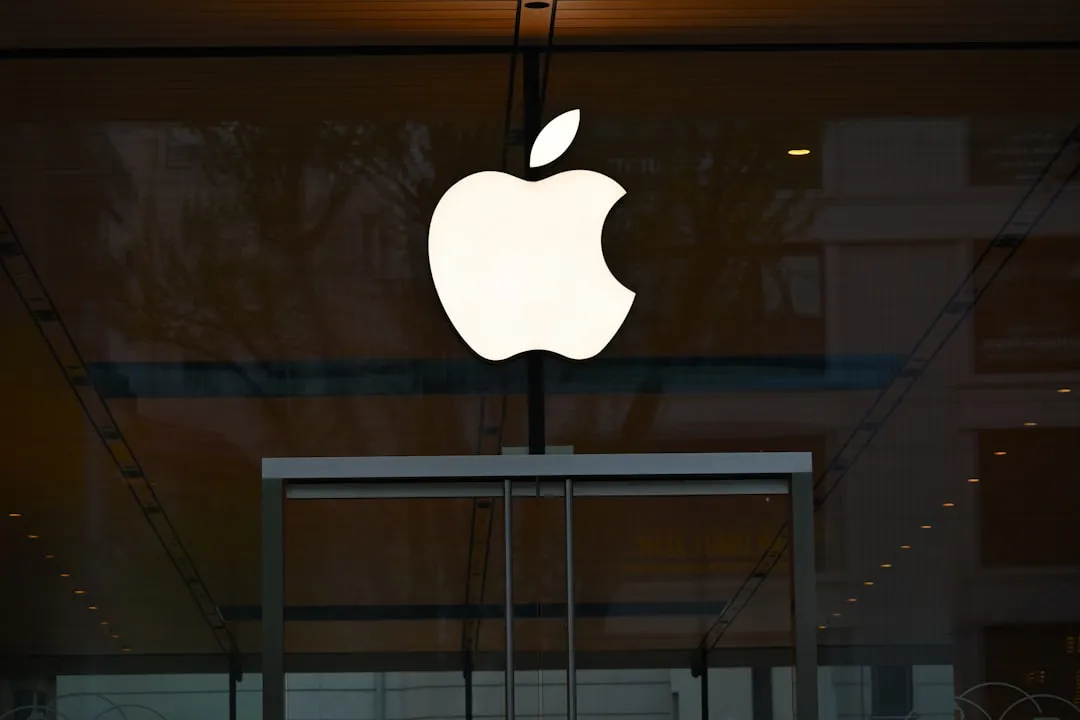

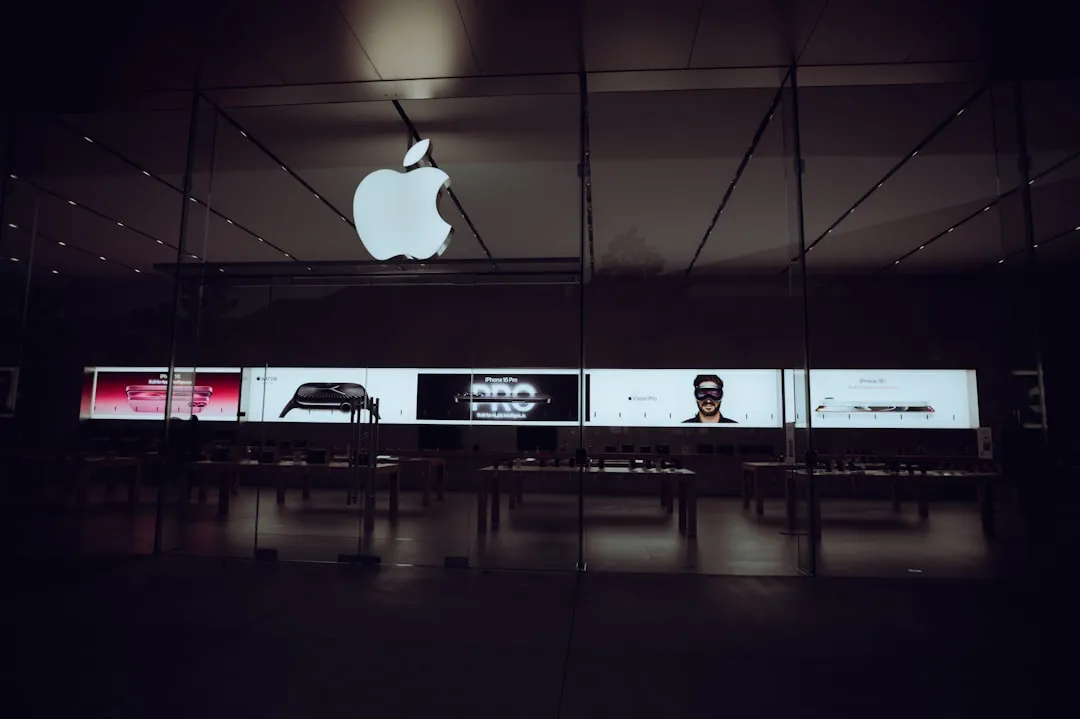
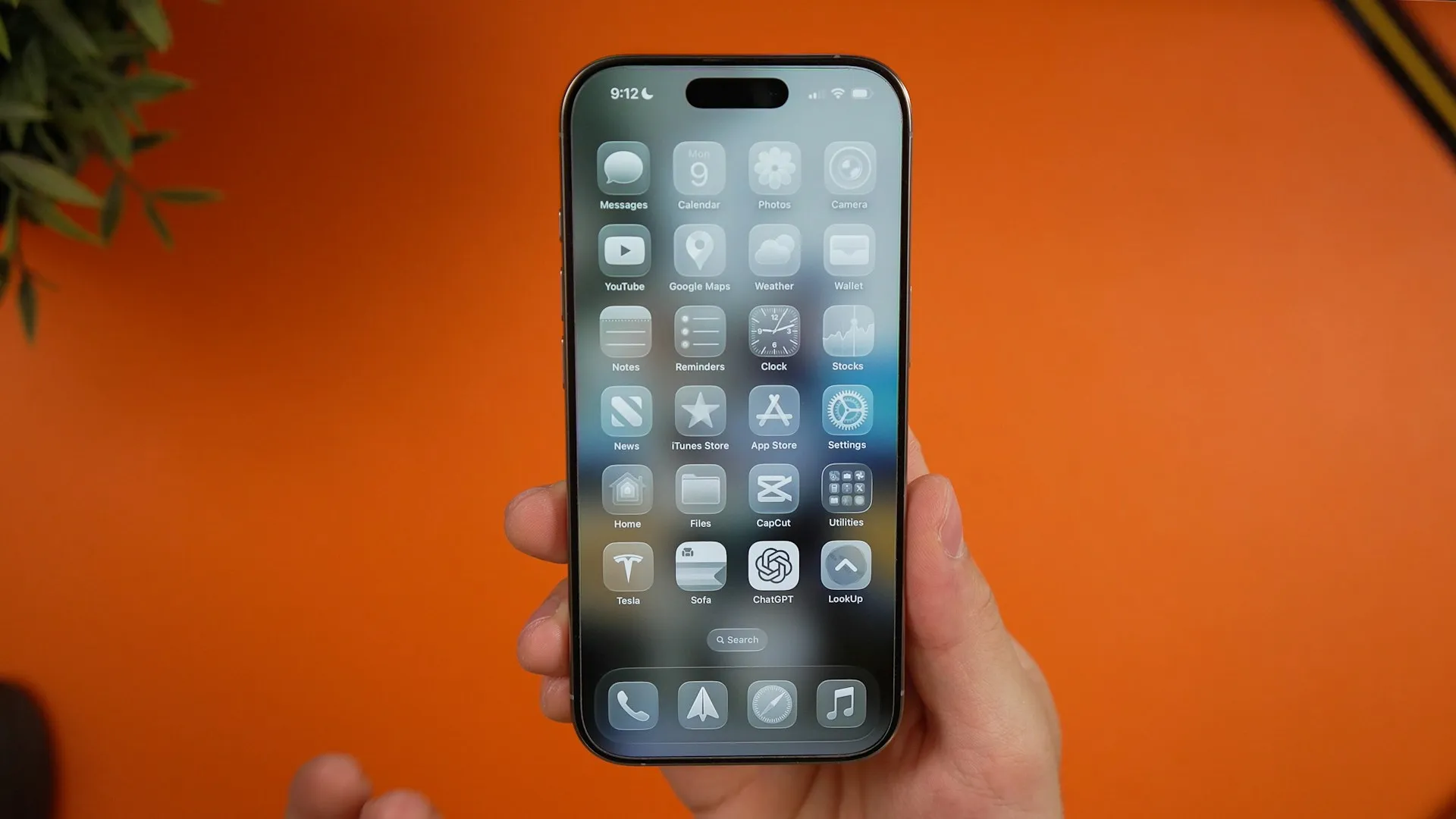

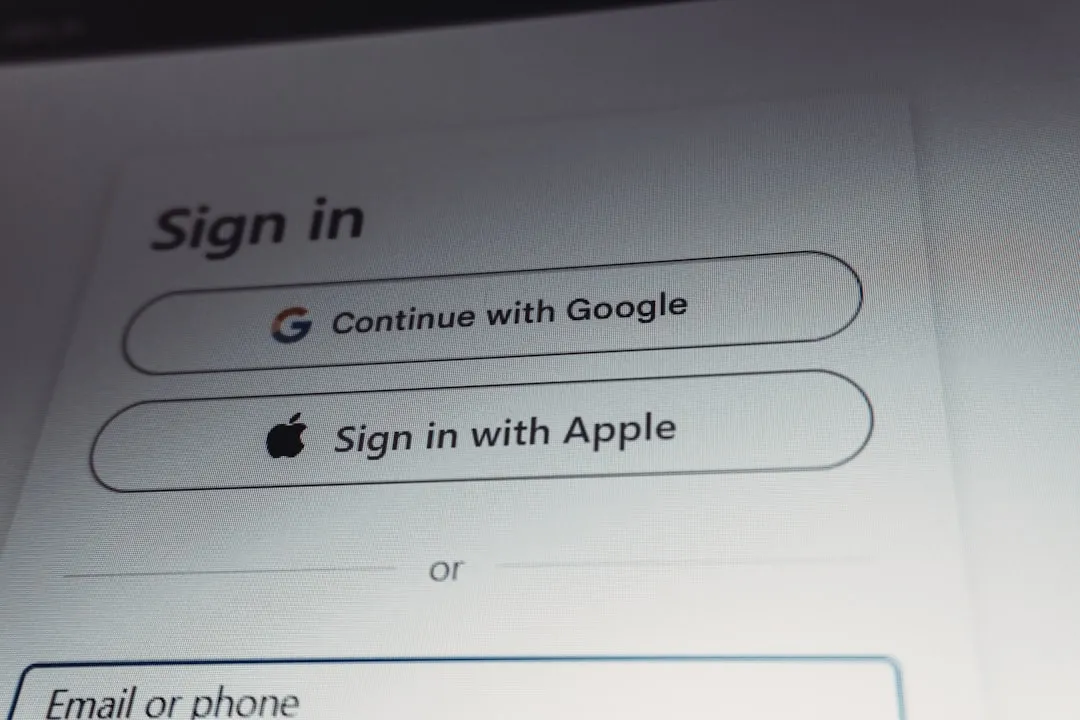

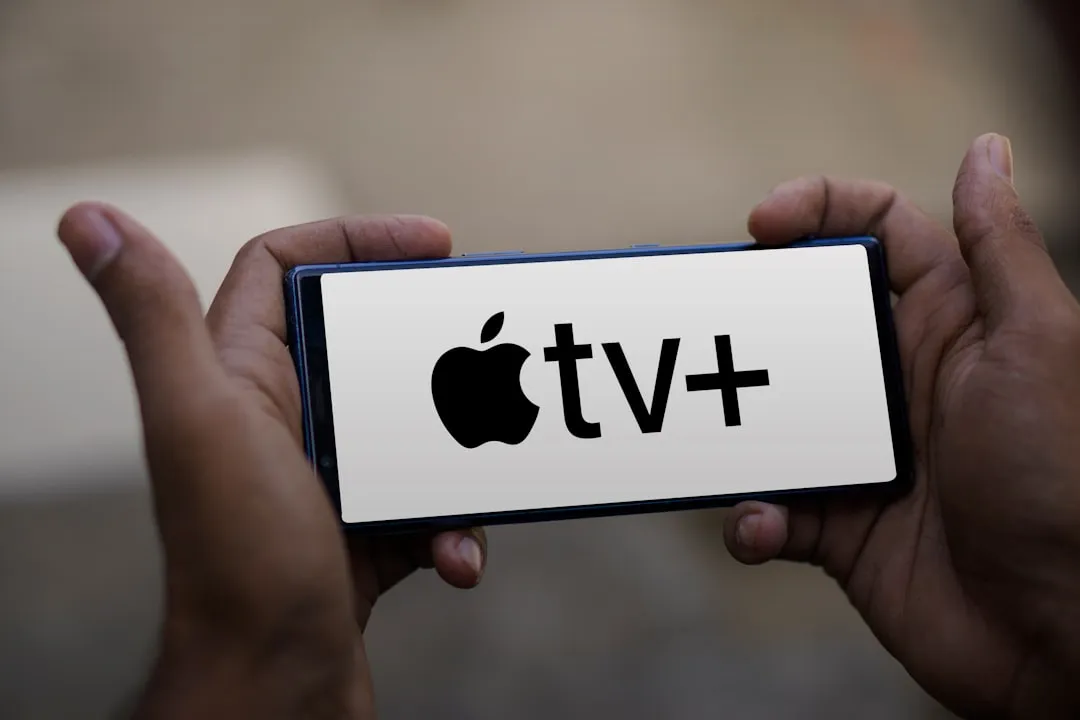

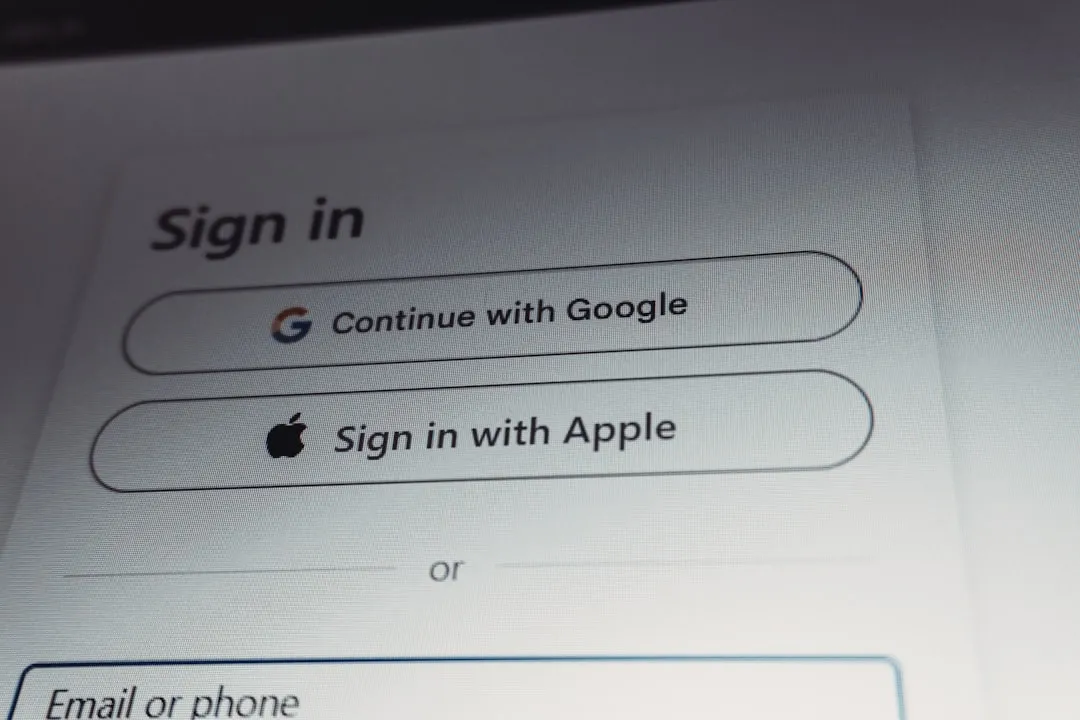
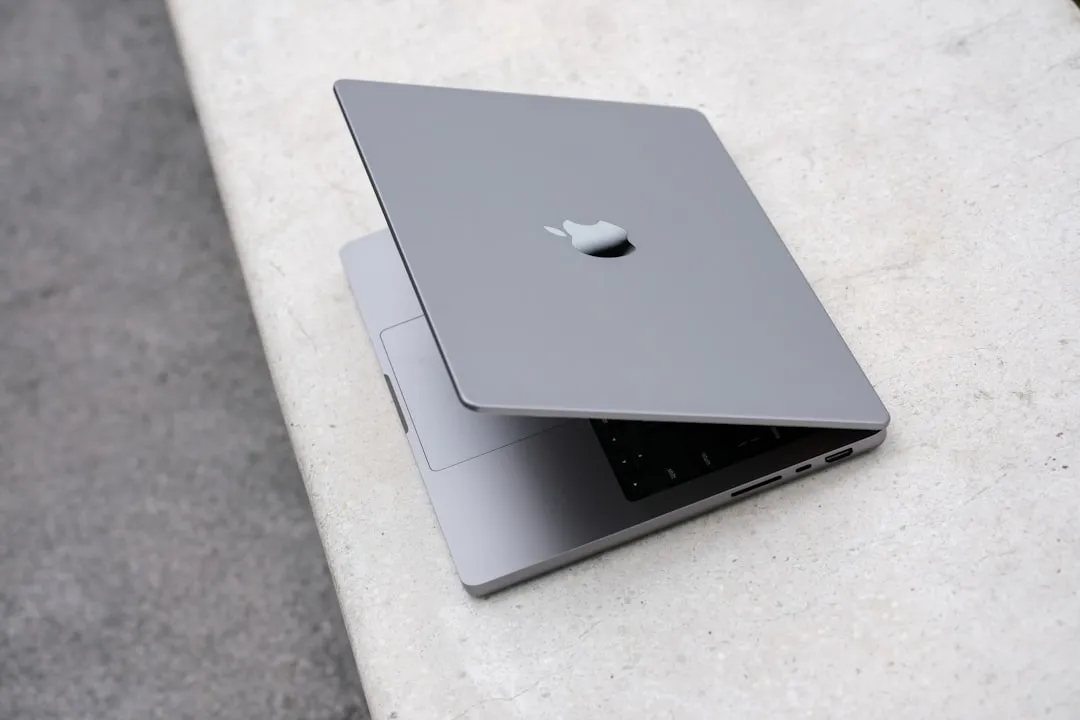


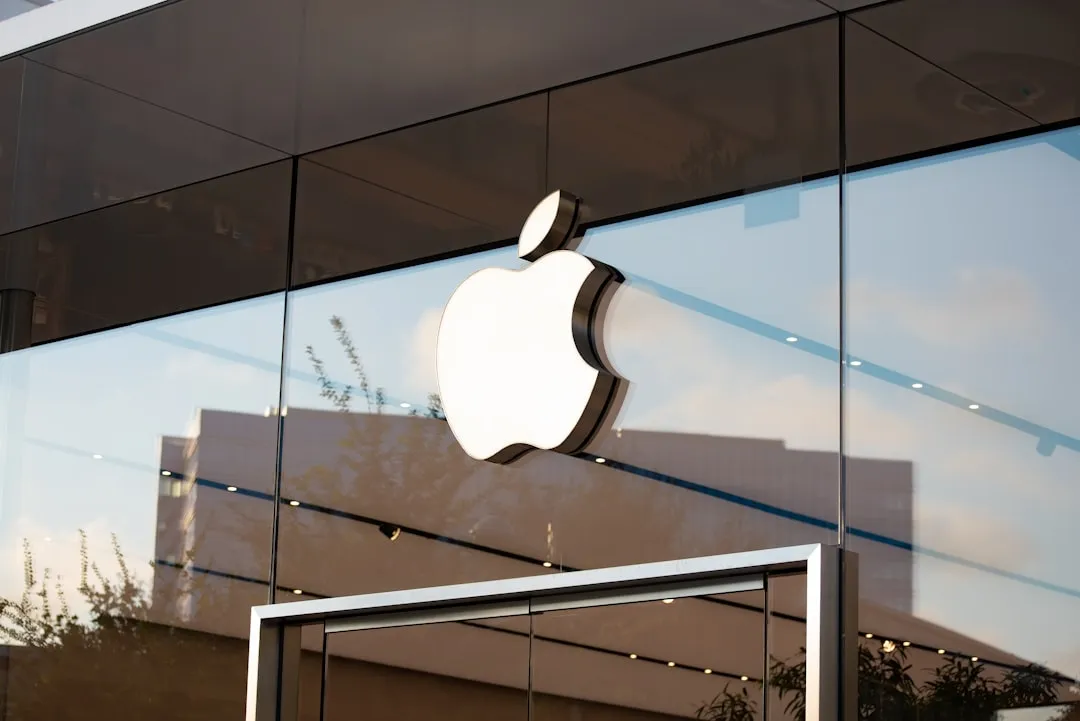

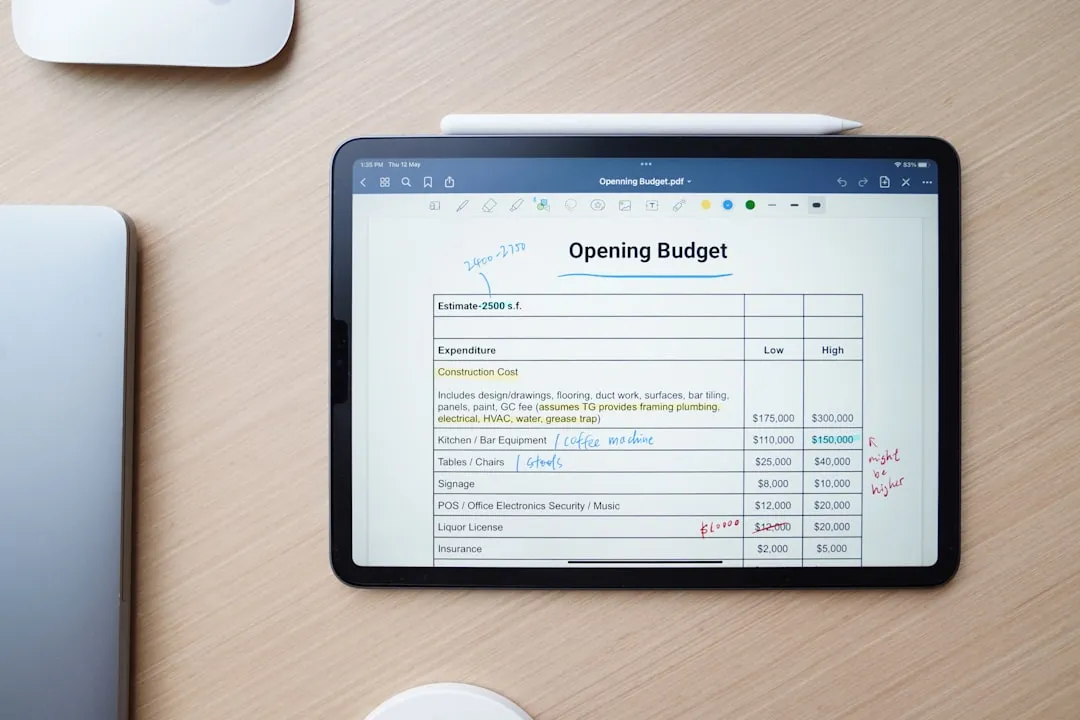

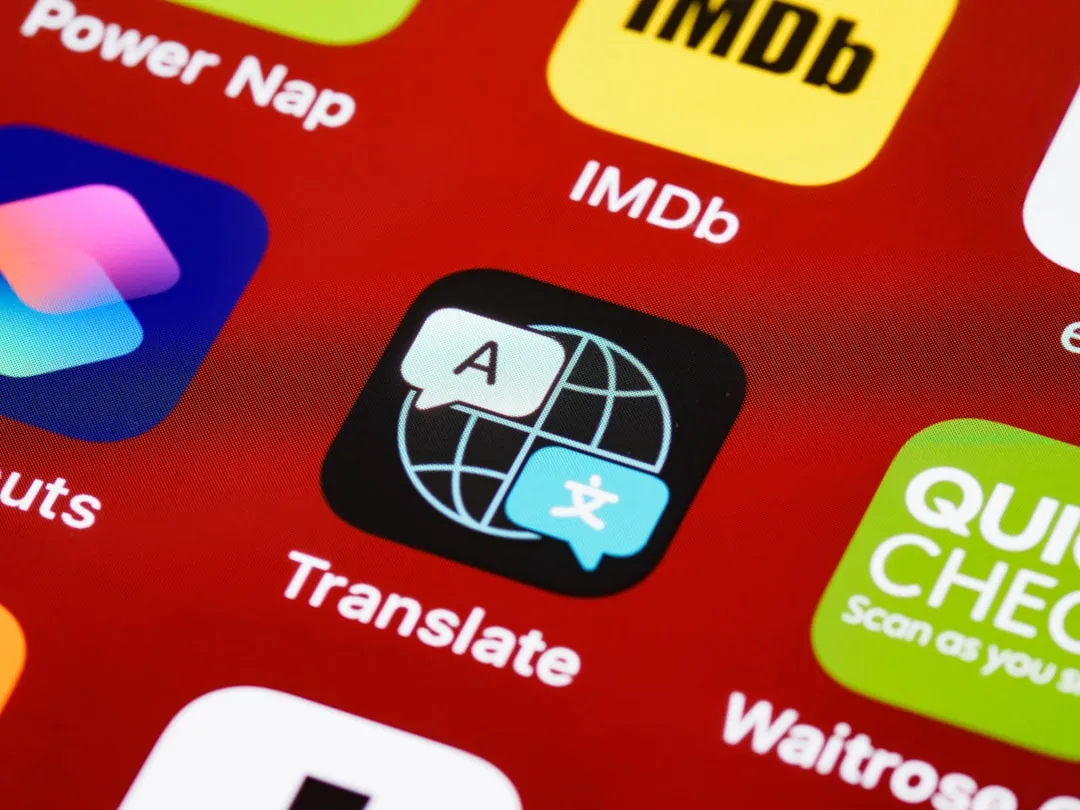

Comments
Be the first, drop a comment!